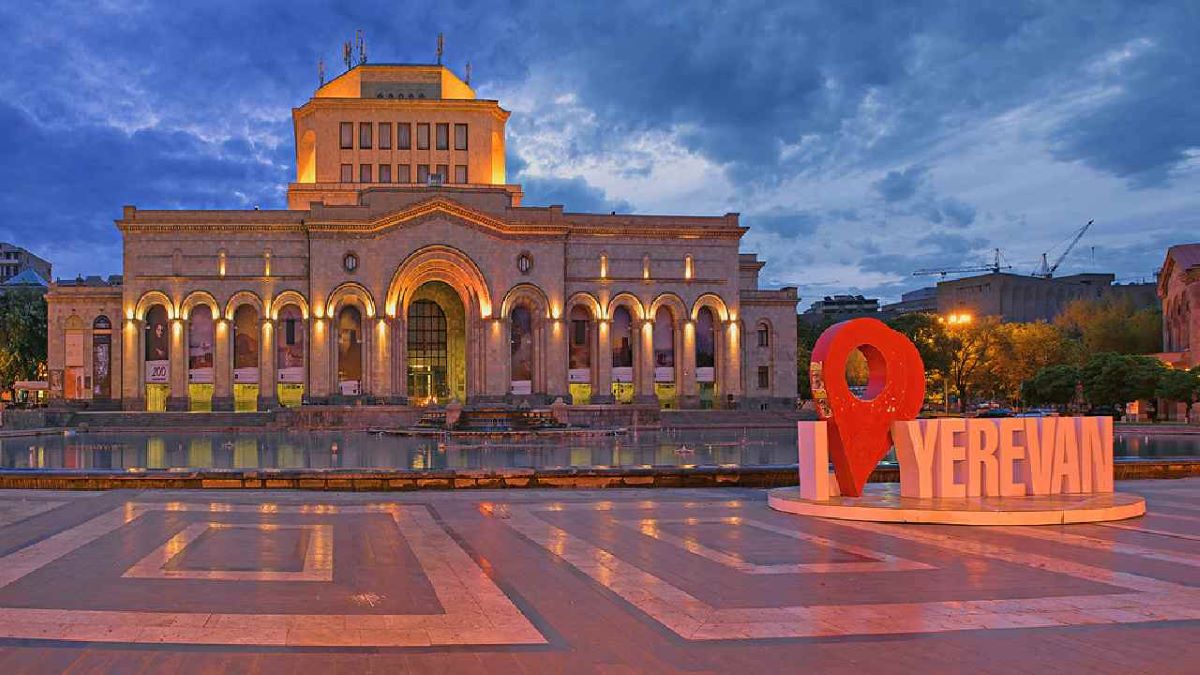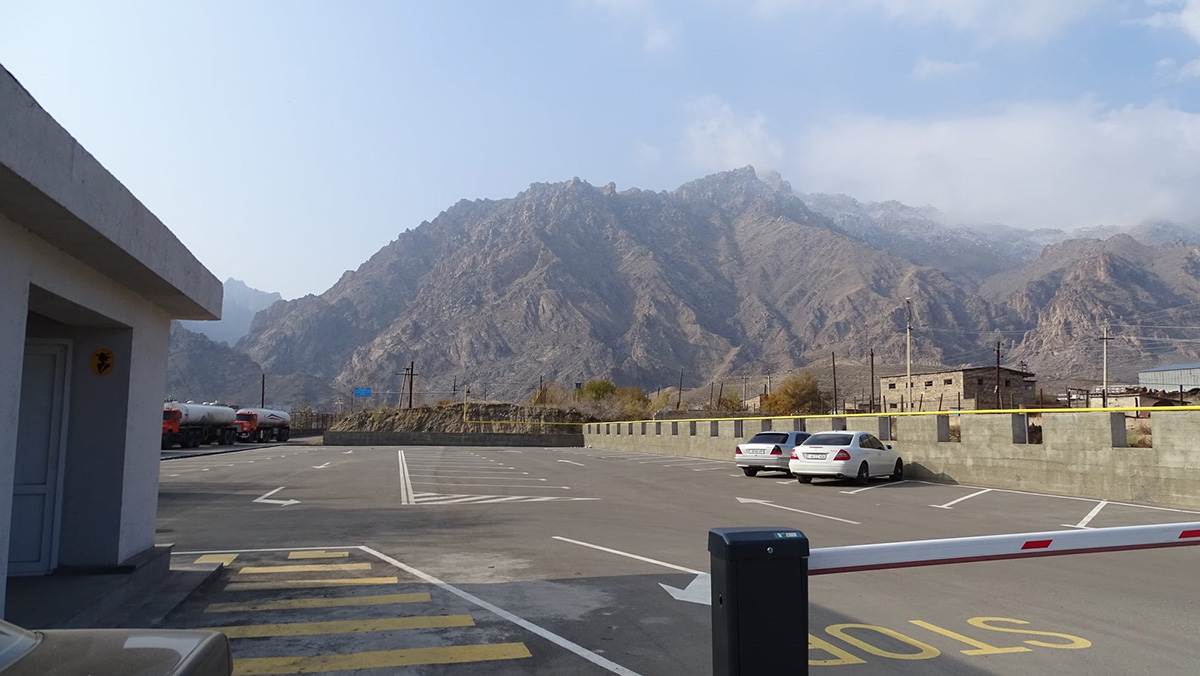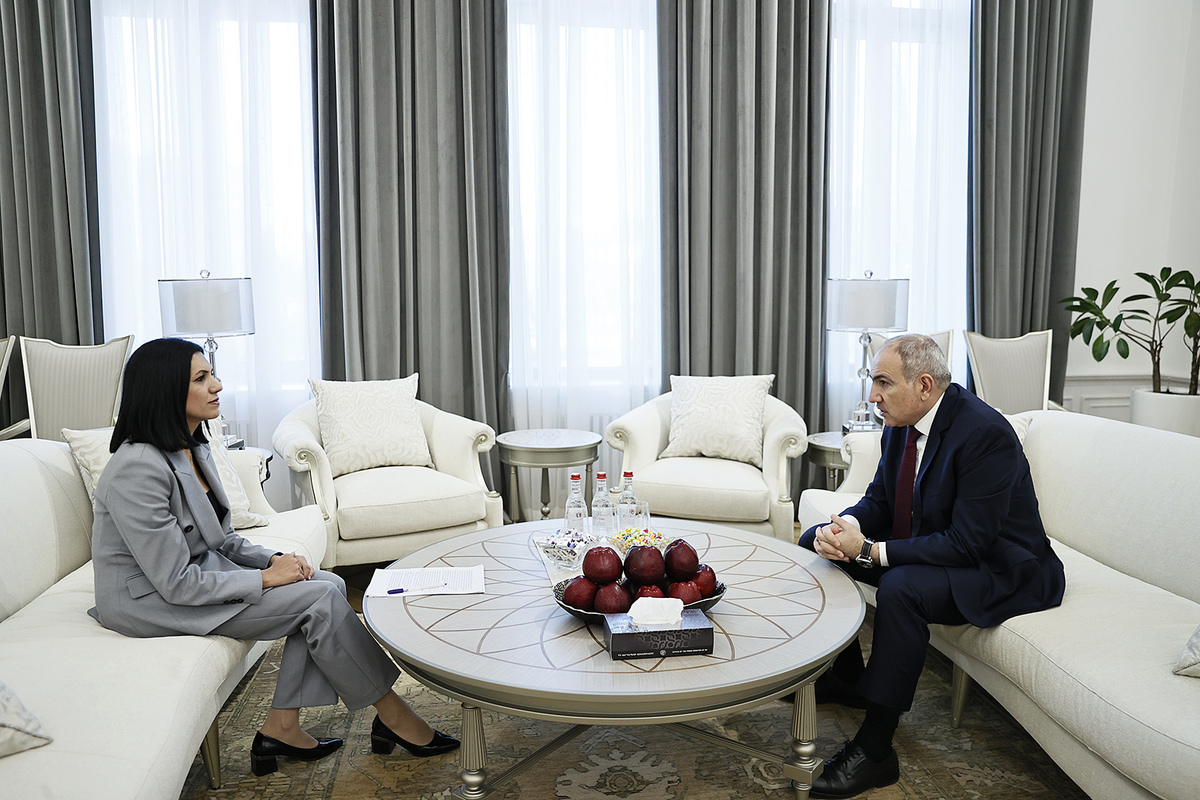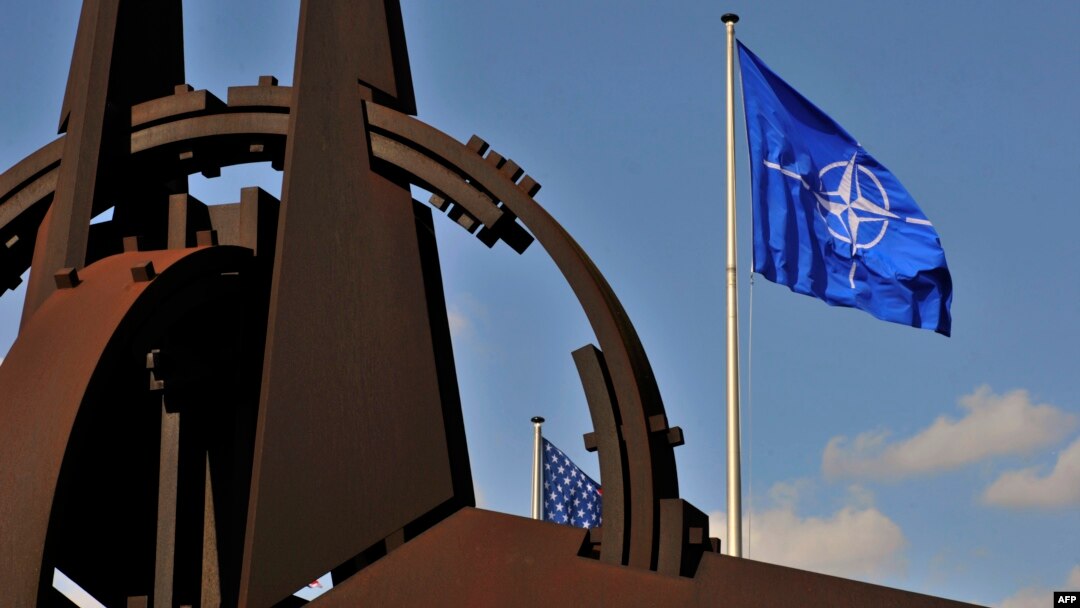Opinion: 'EU expects assurances from Armenia that Georgia failed to provide'
EU demands assurances from Armenia
The Armenian Parliament is set to discuss a proposal to hold a referendum on joining the EU. This initiative was put forward by four non-parliamentary groups, who organized a signature collection campaign. The proposal garnered the support of 60,000 citizens, with the Central Electoral Commission verifying 52,000 of the signatures.
Political analyst Hovsep Khurshudyan expects the National Assembly to approve the initiative and vote in favor of the referendum. He argues that, given the current geopolitical climate and the pressure Armenia faces from Russia, the pro-European direction—bolstered by public support—has become a “lifeline” for the country’s authorities, helping them navigate these challenges. However, Khurshudyan notes that while parliamentary approval is likely, implementing the necessary steps will be far more complex:
“Committing to EU membership as a foreign policy direction is one thing; interpreting the process and determining the pace and speed of implementation is quite another.”
- ‘Don’t look for black cat in dark room’: Why Pashinyan didn’t go to Russia
- Opinion: Armenia must use its trump card on road unblocking issue
- Armenia and France set to deepen military cooperation in 2025
EU is expanding but isn’t ready to ‘welcome everyone with open arms’
According to political analyst Hovsep Khurshudyan, the EU is open to enlargement—this is an official policy enshrined in documents. However, he notes that countries like Ukraine, Moldova, and Georgia, which signed association agreements a decade ago, are significantly ahead of Armenia in the process. Even so, the EU still has unanswered questions about these nations.
Khurshudyan points out that some current member states, like Hungary, already pose challenges for the Union. Hungarian leader Viktor Orban, for example, frequently sabotages EU initiatives:
“Bidzina Ivanishvili envisions Georgia as an EU member state with similar problems. But the EU is unwilling to take on countries with stubbornness, internal issues, and anti-European narratives—nations that might eventually side with Russia on various political matters. The EU is expanding, but it won’t do so with applause and open arms. Membership criteria are strict and well-defined.”
He adds that the EU expects Armenia to demonstrate a clear agenda and ensure it won’t backtrack:
“The EU also wants guarantees that Armenia won’t produce its own ‘Orbans.’ Can we provide such guarantees? No—Georgia couldn’t, even when it was a stronghold of anti-Russian sentiment in the region. The EU doesn’t need members like that.”
Khurshudyan emphasizes that Armenia faces a long and difficult path to membership. The country must implement legislative reforms, improve human rights, and withdraw from organizations under Russia‘s influence, such as the CSTO military alliance.
At the same time, he believes Armenia has the potential to achieve in a few years what took Georgia a decade, though challenges remain. Aligning Armenia’s economy with EU standards and boosting productivity will be particularly difficult. However, the analyst is optimistic that these obstacles can be overcome, suggesting that the government support entrepreneurs and streamline public administration to achieve progress.
No intention to escalate tensions with Russia
Armenian Prime Minister Nikol Pashinyan did not attend the informal CIS leaders’ summit held on 23 December in St. Petersburg, citing a coronavirus infection. According to political analyst Hovsep Khurshudyan, Pashinyan’s absence signals growing tensions in Armenian-Russian relations:
“There are those who believe the more strained Armenian-Russian relations become, the better. That’s not true. There’s no aim to escalate tensions. The goal is to strengthen Armenia’s sovereignty and security.”
Khurshudyan advises observers noting these signs of tension to remember that Armenia is not the instigator of this process.
“Previously, Armenia could say ‘no’ to certain Russian demands while maintaining strong ties. Now, however, Russia seems to imply that rejecting issues such as its presence in Meghri [Armenia’s southern border region, where Russia seeks control over a route connecting Azerbaijan to Nakhchivan] could have serious consequences for Armenia,” he explained.
Khurshudyan suggests that Moscow’s actions, including attempts to strain relations with Yerevan, are deliberate. For instance, Kremlin spokesperson Dmitry Peskov stated that a meeting with Vladimir Putin was not planned, even if Pashinyan attended the summit. The analyst interprets this as a message directed at the Armenian prime minister, effectively saying, “You don’t need to come.”
Cooperation with West is essential to contain Azerbaijan
Hovsep Khurshudyan argues that no one is urging Armenia to spoil relations with Russia, countering claims made by his Russian counterparts. He explains that it is impossible to maintain normal ties with Moscow while simultaneously ensuring the country’s security.
He states that Moscow expects Yerevan to comply with all its demands, including avoiding ties with the West and refraining from purchasing weapons from other countries. Yet, Russia itself does not supply Armenia with weapons. Moreover, it uses Azerbaijan’s military escalations against Armenia as a tool of pressure:
“It is clear that to counter Azerbaijan and contain its actions, we need to cooperate with the West, not Russia. Russia is doing the exact opposite—constantly provoking Azerbaijan against us.”
Green light for Armenia’s Relations with NATO
Political analyst Hovsep Khurshudyan emphasizes that security is built on various components, including informational, economic, educational, and medical aspects. Regarding the military component, he highlights two key directions:
- Developing domestic military production
- Purchasing weapons
“Developing a military industry is a long-term goal; it’s impossible to produce everything you need within a year. However, rearming is urgent to restore the balance of power in the region. At the same time, Baku is deeply concerned about arms supplies to Armenia from France. It’s also possible that Armenia is receiving defensive weapons from the United States. Iran, too, currently takes a softer stance on this issue as it leans toward reconciliation with the West.
This essentially signals a green light for Armenia’s potential NATO membership. The only remaining obstacle is Russia,” he explained.
According to Khurshudyan, it remains unclear what developments will occur in and around Russia. Regardless, Armenia can continue individual partnerships and military cooperation with NATO member states. This cooperation, he notes, extends beyond the military sphere to areas such as intelligence and data exchange.






















